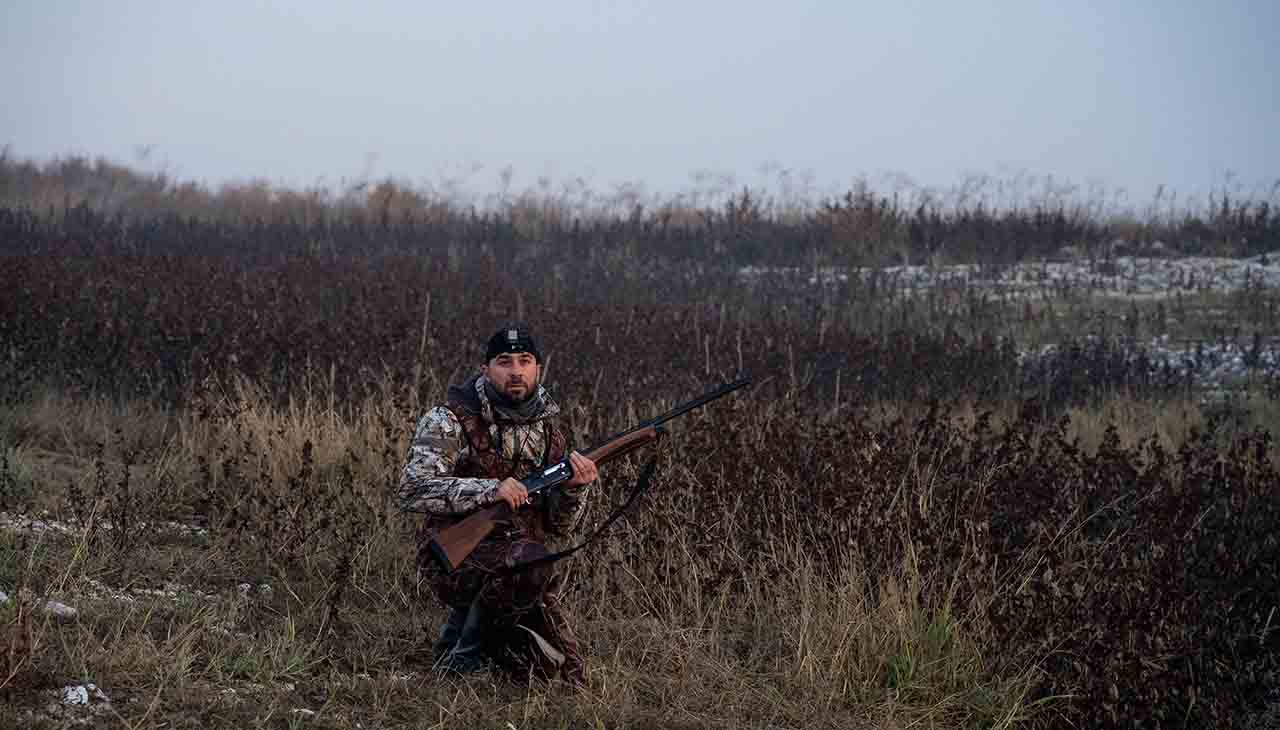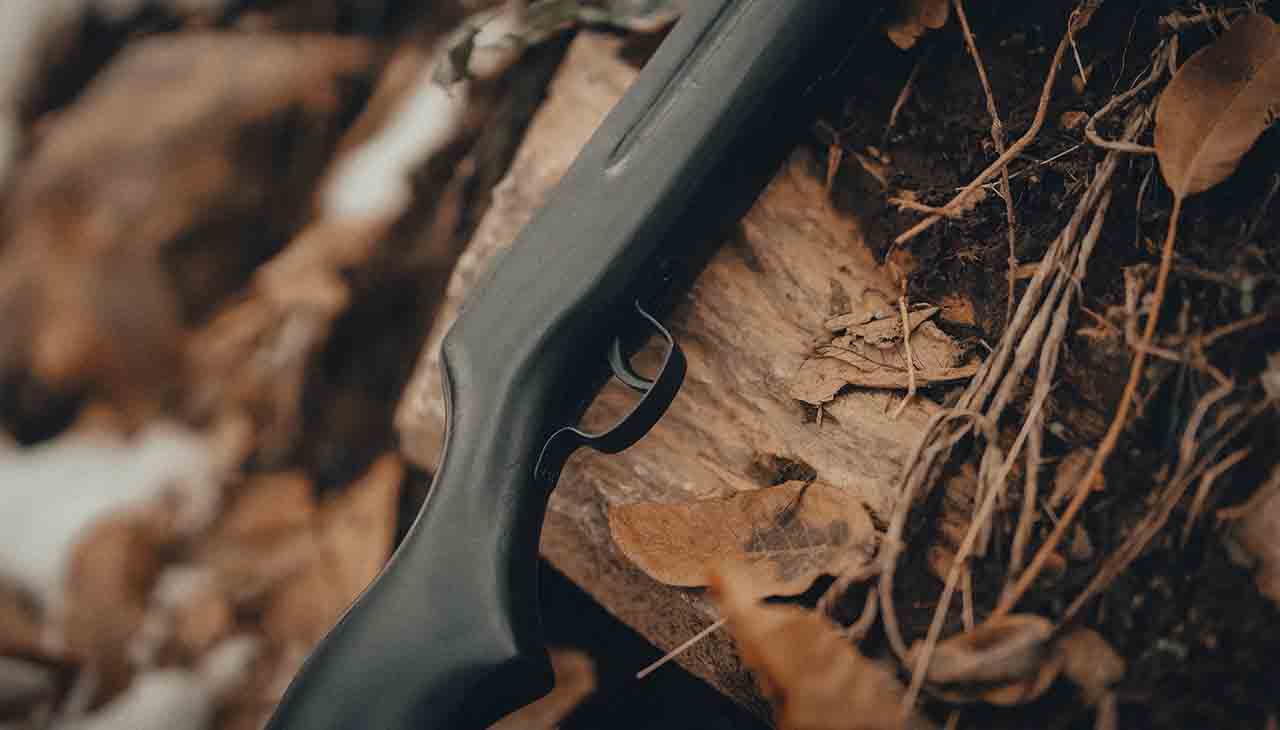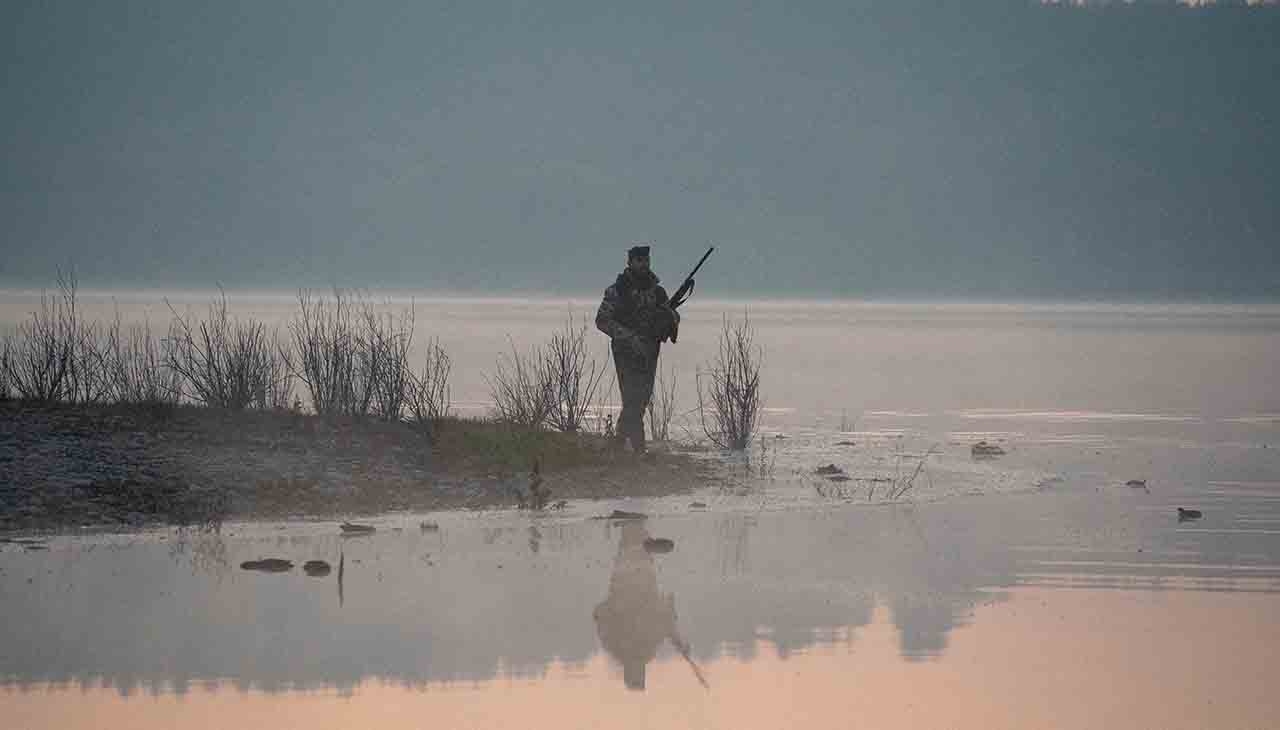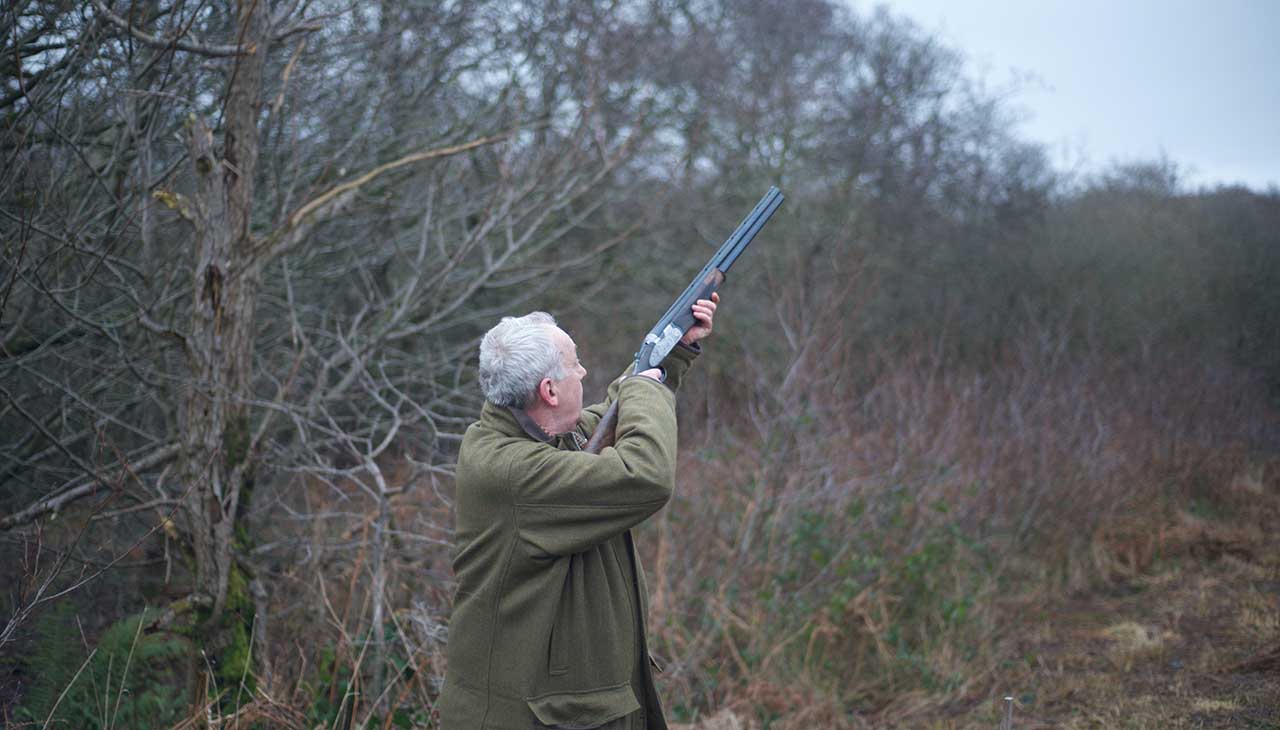Are you an avid hunter looking for a unique and rewarding hunting experience in Colorado? Leasing a hunting property may be the perfect option for you. With exclusive access to prime hunting grounds, flexibility in scheduling and hunting methods, and support for conservation efforts, hunting leases offer a range of benefits that can enhance your hunting experience. However, finding the perfect Colorado hunting lease can be a daunting task, especially if you’re new to the process. In this article, we will provide you with some tips and considerations to help you find the right hunting lease for your needs and preferences. From determining your budget and preferred location to researching the property’s history and access, we’ve got you covered.
Determine Your Budget
When considering a hunting lease in Colorado, it’s important to first determine your budget. Hunting leases can vary greatly in cost depending on factors such as the location, size of the property, and available game species.
Typically, hunting leases in Colorado range from a few hundred to several thousand dollars per year. Some leases may require an upfront payment for the entire lease term, while others may allow for monthly or quarterly payments.
Other factors that may impact the cost of a hunting lease include the quality of the land, the availability of lodging or other amenities, and the number of hunters allowed on the property.
To set a budget for your hunting lease, consider your overall hunting expenses for the year, including licenses, equipment, and travel costs. You may also want to research the average cost of hunting leases in your desired location to get an idea of what to expect. Once you have an idea of what you can afford, you can begin searching for leases within your budget.
Consider Location
When searching for the perfect Colorado hunting lease, it’s important to consider location. Colorado is home to a diverse range of terrain, from high alpine forests to rolling grasslands, so it’s important to choose a location that matches your preferred hunting style and game species.
Some regions of Colorado are known for specific game species, such as the northwest region for elk or the southeast region for pronghorn. Researching hunting regulations by region can also help you narrow down your search.
Aside from the game species available, you may also want to consider proximity to other amenities. If you plan on staying overnight during your hunting trips, you may want to look for leases that offer lodging or are located near hotels or campgrounds. Other amenities to consider include nearby access to supplies and groceries, as well as proximity to major highways or airports for ease of travel.
Overall, choosing a location that matches your hunting preferences and offers convenient access to amenities can enhance your overall hunting experience on leased property.
Research Property History and Access
Before leasing a hunting property in Colorado, it’s important to research the property’s history and access. This can help ensure that you’re getting a fair deal and that the property meets your needs as a hunter.
One of the first things you’ll want to do is review the boundaries of the property to ensure that it’s large enough for your hunting needs and that you understand the property lines. You can obtain maps of the property from the leasing agent or the county assessor’s office.
You should also learn about the previous hunting activity on the property, such as what game species have been taken in the past and how frequently the property has been hunted. This information can help you determine the quality of the hunting experience you can expect.
Finally, it’s important to understand the access and ease of use of the property. You should determine whether there are any restrictions on vehicle access or parking and whether there are designated trails or areas for hunting. You may also want to ask about the availability of water and other resources, such as food plots or blinds.
By researching the property’s history and access, you can ensure that you’re making an informed decision when choosing a hunting lease and that the property meets your needs as a hunter.
Understand Lease Terms and Expectations
Once you’ve found a potential hunting lease in Colorado that meets your budget and location preferences, it’s important to understand the lease terms and expectations before signing a contract.
Some important factors to consider include the length of the lease, renewal options, and any payment schedules or requirements. You should also review the rules and regulations for hunting on the property, including any restrictions on hunting methods or game species.
It’s also important to understand your responsibilities as a lessee. This may include maintaining the property and following proper safety protocols while hunting. Some leases may also require you to participate in conservation efforts or other activities to support the property or surrounding ecosystem.
Before signing a lease agreement, it’s important to ask any questions you may have and clarify any uncertainties. You may also want to consult with an attorney or other legal professional to review the contract and ensure that all terms are fair and reasonable.
By understanding lease terms and expectations, you can ensure that you’re entering into a fair and beneficial agreement for both yourself and the property owner.
Conclusion
Finding the perfect Colorado hunting lease can be a rewarding and exciting experience, but it requires careful consideration and research. By determining your budget, considering location, researching property history and access, and understanding lease terms and expectations, you can find a lease that meets your specific needs and preferences as a hunter.




